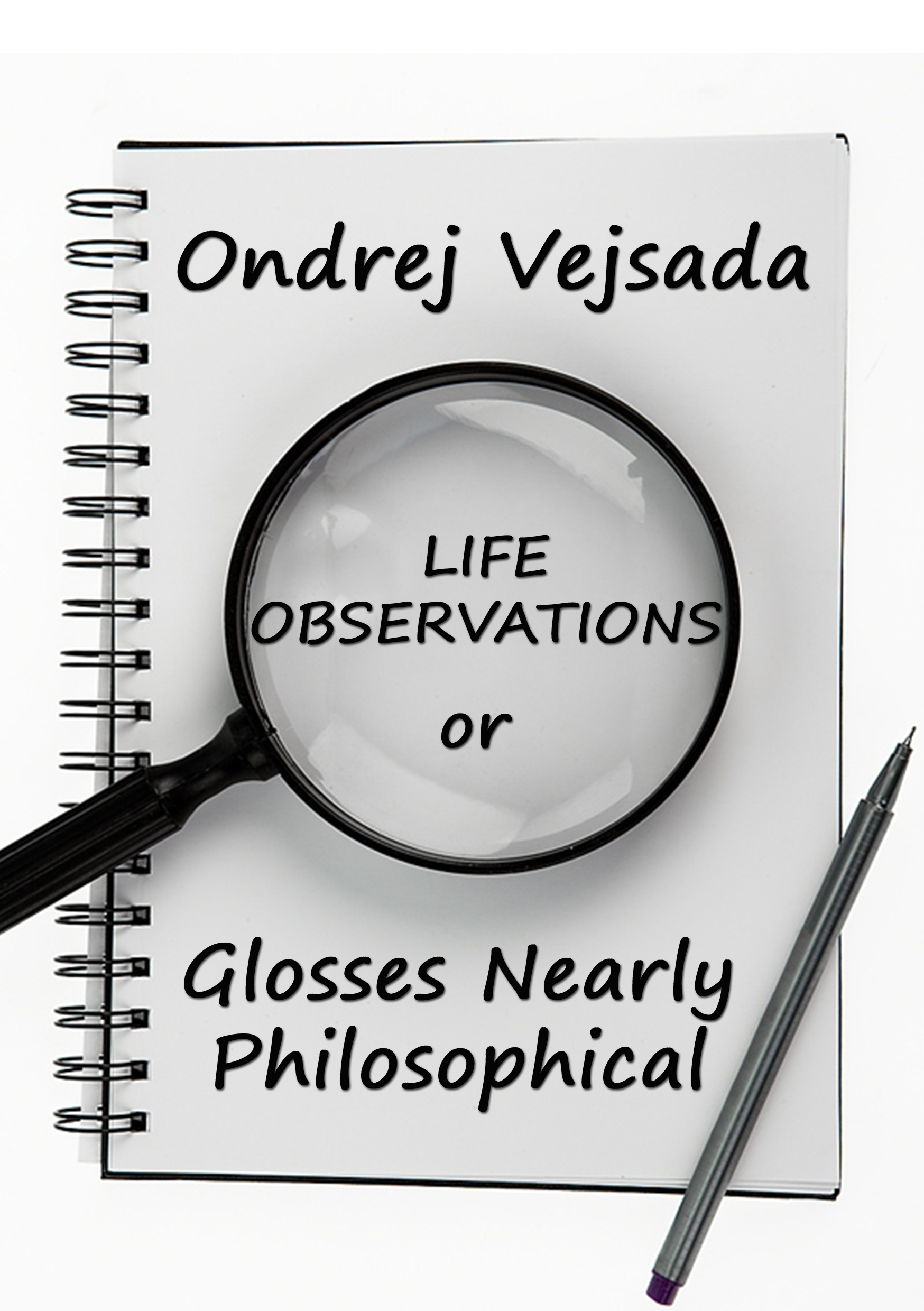
So what really exists or the power of the present moment
I admit that our reflections are starting to „thicken“ 🙂 but I can’t help it – it all ties in nicely, doesn’t it? 😉 I won’t resist one small provocation again and thus follow up the analogy about what we really 100% know, but now the question = what actually really exists? How about such a past? Where does it „lie“? Where is it preserved? And what about such a future?
Hopefully you will agree with me that the honest answer would probably be that none of it really exists. There is only the here and now, the present moment – that which we are present to (that is, we are physically or at least mentally present to). Yes, we have photographs, videos, written documents – but again = these are just such snapshots, snippets, fragments of a complex history. So it is perhaps not surprising that just as we are fragmentarily aware of reality, so too do we recall the past. As part of at least an attempt at objectivity (although I’m actually contradicting myself a bit, I know) I should say (actually write – I keep imagining you while writing, so I keep getting the impression that we’re talking :D) that we supposedly have everything stored in our memory – see for example „memories“ in hypnosis or in therapy, when suddenly the client remembers things he thought he didn’t even have stored. The problem is not so much in remembering, but in „recalling“, remembering, reminiscing, because we recall everything-returning it to consciousness through what, or rather by what? Yes, you guessed right – again through emotions and feelings. I’ll let you think about that for a moment, would you?
In the meantime, I will add one more experience of mine. When I was writing my first book (My First Tramp), I gathered all the available information from our actual Vander and, among other things, I consulted a few things with direct participants of the event. I was very surprised how each of us remembered something different after all these years and even perceived what took place a little differently. The thing is that I assumed that we would disagree, for example, in the evaluation of a trip – some of us simply liked it and others did not. But it happened several times that I had forgotten certain parts of the trip and only the story of a friend, for whom that part was important and emotional and so he remembered it – that is, the story reminded me of it all. In short = as if we were each on a completely or almost different journey… Interesting, isn’t it? 😉
And rather another brief reminder of the idea that philosophers supposedly only talked about what is seen = so isn’t it amazing how we can argue about things that don’t actually exist? Like the future…
And finally on this topic, one more (but already really big) provocation = have any of you seen President Trump with your own eyes? I haven’t, and I don’t even personally know anyone who has seen him. I only know him from television. What if he doesn’t really exist and is just a computer generated character like Gollum from Lord of the Rings? 😀 I know, you’re thinking I’m definitely out of my mind 😀 But what I’m trying to show is that we rely on the truth and reality of many things that are really just a game, or could definitely be, or only exist in our heads. Do you agree?
This is related to another of our so popular games of „that’s the way it is“ or „that’s not the way it is“, but I would like to discuss this again in a separate chapter, as well as the influence of the media (especially movies) on our PERCEPTIONS of fact-reality…